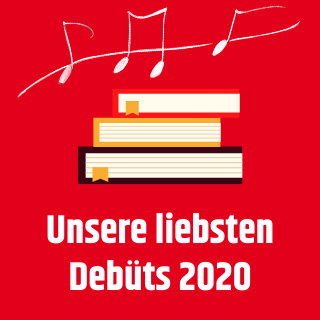»Svenssons Buch ist ein Meisterwerk.« Die Welt
In seiner Kindheit war Patrik Svensson seinem Vater nie so nah wie beim Aalfischen. Als Erwachsener stellt er fest: Der besonderen Beziehung zu seinem Vater kommt er nicht auf die Spur, ohne nach dem Fisch zu suchen, der sie miteinander verband - und über den wir bis heute erstaunlich wenig wissen. Poetisch und kenntnisreich entwirft Svensson eine Natur- und Kulturgeschichte der Aale, von Aristoteles und Sigmund Freud bis zu Günter Grass, und verknüpft sie mit seiner persönlichen Geschichte. Auf verschlungenen Wegen wird das Rätsel des Aals zum Bild für das Leben selbst. Und 'Das Evangelium der Aale' zu einer großen, umwerfenden Erzählung über ein sonderbares Tier und die Suche nach dem eigenen Ursprung und Ziel.

